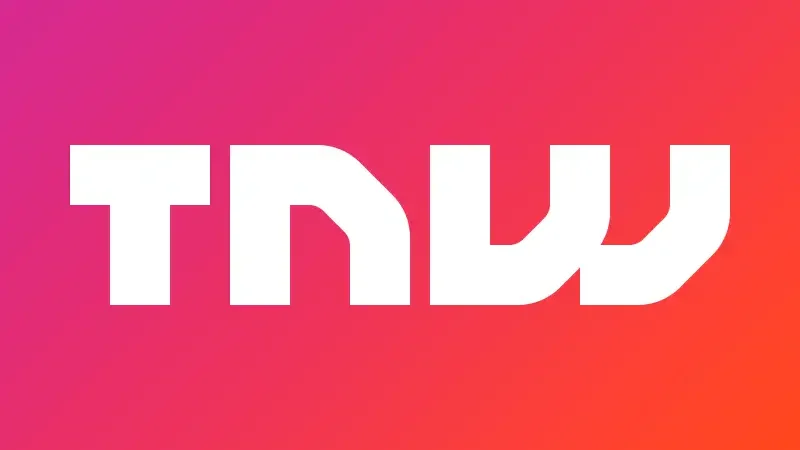How Organizations Are Leveraging the Blockchain Technology

Blockchain is a term that gets thrown around a lot by business leaders, top bosses and techies these days. Whenever there is talk about emerging trends in business or smart factories or digital transformation of business, there is always talk about the blockchain. But many of us have either do not know what it is or that it has applications beyond cryptocurrency, bitcoin and finance.
This article will look at what the blockchain is, ways in which organizations are leveraging it and its use cases in HR.
Understanding the blockchain
The blockchain is an all-encompassing technology that creates a digital ledger by integrated data from across platforms and hardware and which enables independent parties, spread across the globe, to share data across the network. In other words, it is a global network consisting of blocks of data/ transactions and distributed globally to users. The data blocks can contain any kind of information/ data based on the application of the blockchain.
This digital ledger is a peer-to-peer network that works on consensus algorithms (every transaction needs a majority of the users to verify every transaction) and removes the reliance on external or internal sources to validate the authenticity of the records/ data/ information. Put simply, it removes the middlemen from the equation when it comes to data verification or authenticity and enables the end-users to directly connect with each other and the network. This helps reduce the time and money costs of transactions for all parties involved.
The blockchain decentralizes the database (data is not stored by a single user or at a single location), leaving no central/ focal points that can be hacked or breached into. An entry verified and finalized by majority users is permanently registered/ saved in the database and changes are difficult to make. Also, making changes to one piece in a block will change the unique hash of the block (hash can be thought of as the fingerprint) and it shows the users that the block has been tampered with. It can lead the entire altered blocked to be rejected by the blockchain.
Ways in which organizations are leveraging the blockchain
Smart contracts:
Organizations are leveraging the blockchain technology to create smart contracts that remove the need for third-party administrators and evaluators. For executing smart contracts, a computer code is run on top of the blockchain whereby the parties set pre-defined rules beforehand. When these rules are met, the agreement is considered to be completed and it is automatically enforced. For instance, you agree to release a 40% payment to your parts supplier after shipping procedures are completed, 50% after delivery and 10% after checking the parts for quality. You can feed these business rules to the blockchain technology which will monitor the progress, verify and enforces the fulfilment of the contract. After the supplier completes each of the tasks, the payment is automatically released to her from your digital assets attached to the contract.
It is important to note that all smart contracts are not legal contracts but can become legal contracts when certain legal standards and codes are adopted.
The reduced cost of negotiation, enforcement and evaluation, the higher levels of transparency, security and tamper resistance and the minimization of third-party involvement have led smart contracts to grow in popularity.
AXA, an insurance provider, is leveraging smart contracts for its flight-delay insurance.
Transparent and secure financial transactions
The finance industry and the finance function in organizations have leveraged the blockchain in the best way. It is in this area that the maximum development of this technology has taken place. Smart contracts, digital payments through cryptocurrency, higher levels of security and non-corruptibility and its record-keeping abilities make the blockchain technology useful for finance functions and the industry.
Banks and financial institutions leverage the blockchain for identity management (knowing and verifying their customers) of clients and fraud detection. Also, if one bank uploads the KYC of a customer on the blockchain database, other banks can access these records and save a great amount of time in redoing the process.
Barclay’s Bank has rolled out blockchain initiatives to track transactions, compliance and combat fraud. Organizations like ABRA are leveraging this technology to offer cryptocurrency-based products to facilitate secure cross-border payments. Organizations like Bitgive are leveraging this technology to enable secure payments towards charitable and social causes and initiatives across the globe.
Improving the efficiency and effectiveness of the supply chains:
Today’s supply chains are globally-dispersed with raw materials being sourced from different locations, each set of the parts being produced and assembled in different locations. The final products then need to be packaged, stored in warehouses and delivered to the final consumers or the seller chains. It is a set of highly interconnected and interdependent activities and an error in one step causes multiple losses to the business. So, there is a need for transparency, accountability and real-time tracking to ensure that the processes are on-track and on-budget. Blockchain technology is helping supply chain management on these fronts.
Top multinational retail chain, Walmart, is leveraging the technology to infuse efficiency to its supply chain. Maersk, global logistics major, is leveraging this technology in its shipping solution that infuses transparency into the international trade-related activities including the safe transmission of supply chain documents.
Blockchain-based BI and analytics tools for smarter predictions:
With the voluminous data that gets stored in the blockchain, it is obvious that it is easier to analyze the data and unearth deeper insights and make smarter predictions.
Use cases of the blockchain in HR
- Smart, time-saving recruitments/ talent acquisition: Beyond a point, it is difficult and resource-intensive to verify the educational profile, work experience and other credentials that the applicant has provided in the resume. By applying the blockchain technology, the verification of the candidate’s credentials can be made simpler and reliable. HR professionals do not have to depend on the resume and the references alone – they can use the vast database to complete the verification process and disqualify those candidates who have fabricated details in their resume.
Even if the school/ university/ past employer has shutdown, the record will be available on the blockchain forever. If there were grievances or feedback about that particular candidate by a former employer, they can leave it in the blockchain so that future employers can address that concern with the candidate.
HR professionals can also leverage blockchain-based analytics to see if the candidate is a fit for the organization.
- Payroll management: Leveraging the automation capabilities of the blockchain technology especially in digital payments, HR can execute the complicated payroll processes (payments, benefits, insurance covers, increments, tax deductions, etc.) in a timely manner, eliminating delays and reducing third-party service costs. This helps increase to employee experience of international workers as their payments get processed within hours instead of days and weeks.
Blockchain technology is still developing and does have some pitfalls and implementational challenges as well. But these pitfalls and challenges cannot take away the many benefits it offers to businesses.
Tell us how you are leveraging the blockchain technology in your business.






